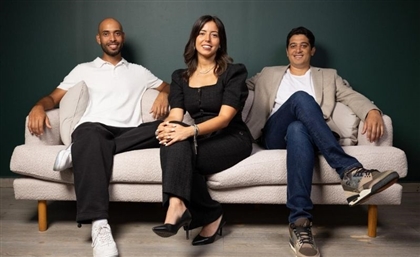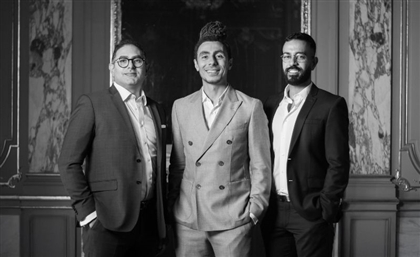How Fintech Startup MNZL is Making Lending Accessible to Egyptians
Founded in 2023 by Sameh Saleh, Ahmed Eldessouky and Bassem El Shaer, the startup provides users with asset-backed lending.
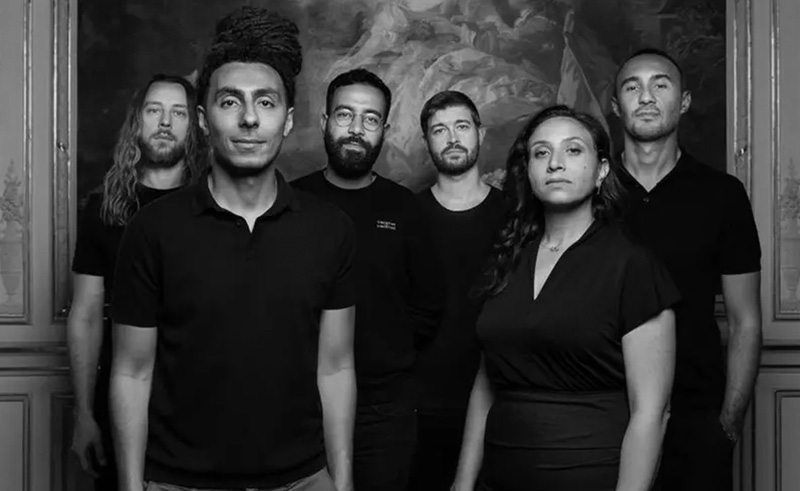
Egyptian startup MNZL is making lending accessible to millions of people in Egypt. In one of the world’s largest unbanked populations, many Egyptians are left without access to essential financial instruments and tools - and MNZL is working to change that.
Founded in 2023 by Sameh Saleh, Ahmed Eldessouky and Bassem El Shaer, the startup provides users with asset-backed lending to enable them to transform their assets, including homes and cars, into liquidity for their projects and needs. The loans are usually used to finance education, small and medium sized businesses (SMEs), and other ventures that typically bring in wealth.
A serial entrepreneur, and founder of dating website Harmonica, which was later bought by Match Group in 2019, Saleh and his team came up with the idea of MNZL after seeing the financial situation in Egypt among the unbanked. “I saw how access to credit is really difficult in Egypt, and then later in Africa, compared to other parts of the world where I lived,” Sameh Saleh, Founder of MNZL, tells StartupScene. “Access should be easy for people who deserve it, but that’s not the case. So, that drove me and other co-founders to try to find a solution, especially that we see a lot of Egyptians own assets and there is a way to allow access like in other countries.”
Although a young startup, Saleh has big ambitions. After focusing on the Egyptian market this year, he is looking to expand to neighbouring countries in the Middle East and Africa with the goal of empowering people, and contributing to economic development in the region.
ACCESS TO CHEAPER LOANS
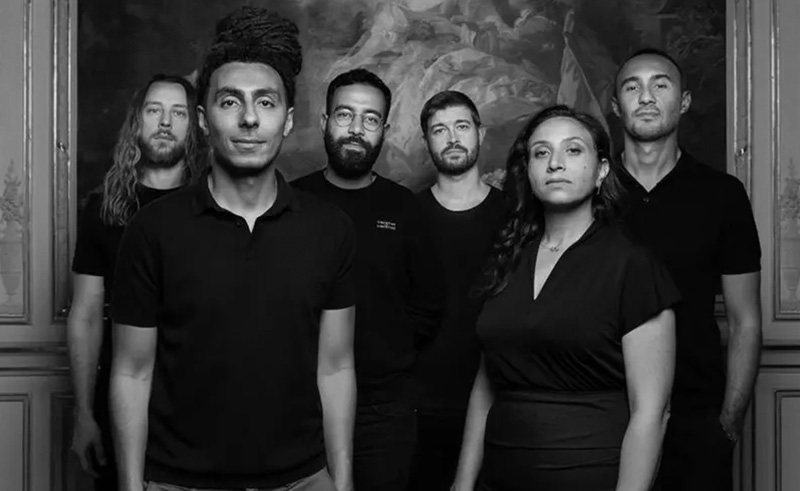
Like any lending platform, determining the eligibility of a loan is crucial not only for the startup, but for users as well.
For MNZL, having assets like a home or a car is the first step to being considered for a loan. After submitting the required documents, the startup then analyses a user’s credit score to ensure that they can repay the money on time.
Unlike other lending platforms, however, MNZL states that it provides cheaper loans because it is asset backed. “If you go to a bank or a lender to borrow money, you may get the loan, but because it’s not backed by any type of collateral or asset, the lender has to take a big risk,” explains Saleh. “So, they will then increase the price on the loan, and limit the access. For example, instead of providing a loan to 100 people, they will only give it to five people.”
According to Saleh, only 8% of Egyptians adults have access to credit, which is very low compared to other more developed countries like the US, where the rate is 80%.
Meanwhile, about 75% of Egyptian families own homes, and providing them with an opportunity to leverage their assets and access cash, should they need it, could be a game changer for increasing their access to credit. “If you could somehow make this asset help customers take money from it when they want to borrow, then you solve the credit access problem,” Saleh says.
BATTLING MISCONCEPTIONS
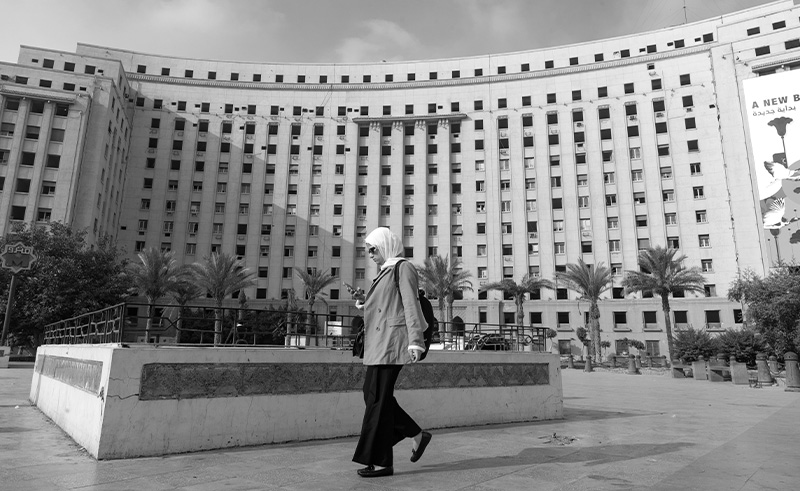
Despite the opportunities that loans and credit can provide to individuals, and the economy at large, these financial tools are still usually stigmatised.
“There is a misconception that credit is bad for you in Egypt and the Global South,” Saleh explains. “But for countries and consumers that really understand credit, it’s such a powerful tool that could really help improve wellbeing and businesses. You can use it to your advantage to move to better places.”
According to the World Bank, financial inclusion is linked to overcoming poverty, reducing income disparities, and increasing economic growth. People can use credit to buy homes, start a business or invest in their education, among other things.
While credit can be a useful tool in improving people’s lives, it’s important to use it responsibly. Carrying a sizable amount of debt compared to one’s income or line amounts can negatively affect an individual’s credit score, and ultimately their financial situation.
However, Saleh believes that people are still far from being overextended. “If you look at the number of users who’ve had credit in Egypt, it’s only about 8%,” he says. “We’re still a very small percentage to talk about over extending loans or that it could hurt the economy. The gap is huge. We need multiple lending opportunities or companies to help narrow that gap.”
GOING DIGITAL
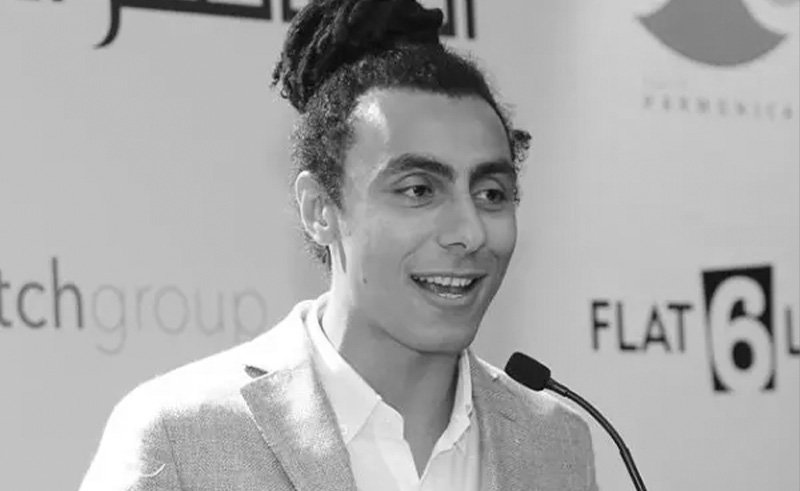
In the age of digital innovation, MNZL is aiming to be an AI First company, which means relying on the technology to establish processes, systems, and overall operations.
To date, the startup uses AI to determine credit scores, and is soon planning on launching AI chat bots to communicate with users. The goal is to make the user experience as efficient and timely as possible. Instead of them having to wait seven to 14 days to determine their eligibility to access a loan, Saleh wants to make it happen in one day. “We really want to make it as easy as possible to upload your documents, and whenever you want to take money to do whatever makes sense to you, you can withdraw this money very seamlessly,” he says.
As MNZL streamlines its operations with the help of AI, it is looking to continue impacting people’s lives where they need the most- their wallets. “So far, we’ve made a few customers really happy,” says Saleh. “But we’re still at the very early stage, and we’re super excited to push it across to increase our reach in Egypt, and hopefully the region.”
- Previous Article UAE-Based Foodtech MealPlanet Secures $6 Million Seed Funding
- Next Article How Ejari is Disrupting the Real Estate Sector in Saudi Arabia



